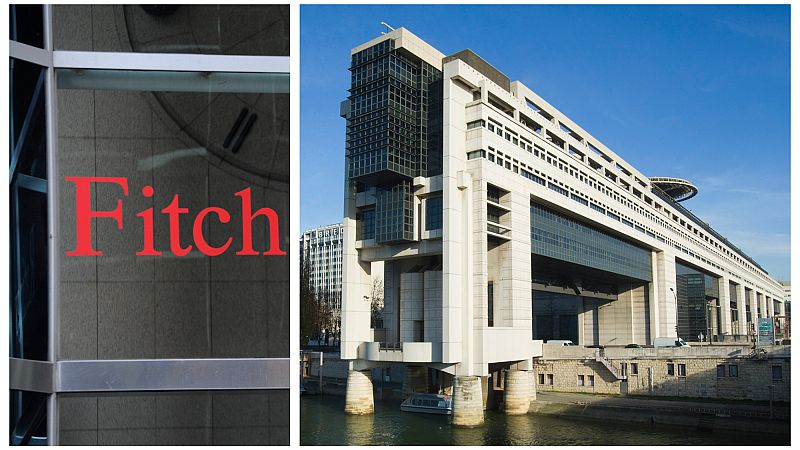Fitch downgrades France’s credit rating amid political crisis
Fitch Ratings lowered France’s credit score on Friday, citing mounting political instability and uncertainty over how the government will rein in ballooning public finances.
The US-based agency cut France’s rating from “AA-” to “A+,” warning that the country’s already-heavy debt burden is set to keep rising until at least 2027 without decisive action.
In its report, the US-headquartered agency said that the turmoil caused by the successive falls of government since the snap parliamentary elections in 2024 had weakened the country’s ability to implement “far-reaching fiscal consolidation”, and that it was unlikely to reduce the public deficit to below 3% of GDP in 2029 as outgoing Prime Minister François Bayrou had hoped.
The downgrade comes just days after Bayrou was ousted as prime minister, having lost a parliamentary confidence vote due to his unpopular budget plan for next year.
Bayrou had pushed for sharp spending cuts to shrink France’s deficit and debt levels, including slashing two bank holidays.
Fitch also predicts that debt will rise from 113.2% of GDP in 2024 to 121% in 2027, “with no clear prospect of stabilisation in the following years”.
“France’s rising public indebtedness constrains the capacity to respond to new shocks without further deterioration of public finances,” said the agency, expressing skepticism over whether the political crisis is anywhere near close to being resolved.
“We expect the run-up to the 2027 presidential election to further limit the scope for fiscal consolidation in the near term, and believe it is highly likely that the political impasse will continue beyond the election,” Fitch warned in its report.
That may act as a signal to investors, also not without consequences for the French, regarding a potential rise in interest rates on property loans.
But experts interviewed by Euronews say that this downgrade was expected, adding that the impact on interest rates should remain limited.
France’s Minister of Economics and Finance Eric Lombard said he was “taking note” of the decision, while emphasising the “solidity of the French economy”.
“The new Prime Minister has already begun consulting with the political forces represented in Parliament, with a view to adopting a budget for the nation and continuing efforts to restore our public finances,” he assured on social media platform X.
However, the situation remains worrying, explained Hadrien Camatte, senior economist for France, Belgium and the eurozone at Natixis CIB, due to France’s “deficit being one of the highest in the EU at 5.8% in 2024, whereas the stabilising deficit is around 2.8%.”



Leave a Comment
Your email address will not be published. Required fields are marked *